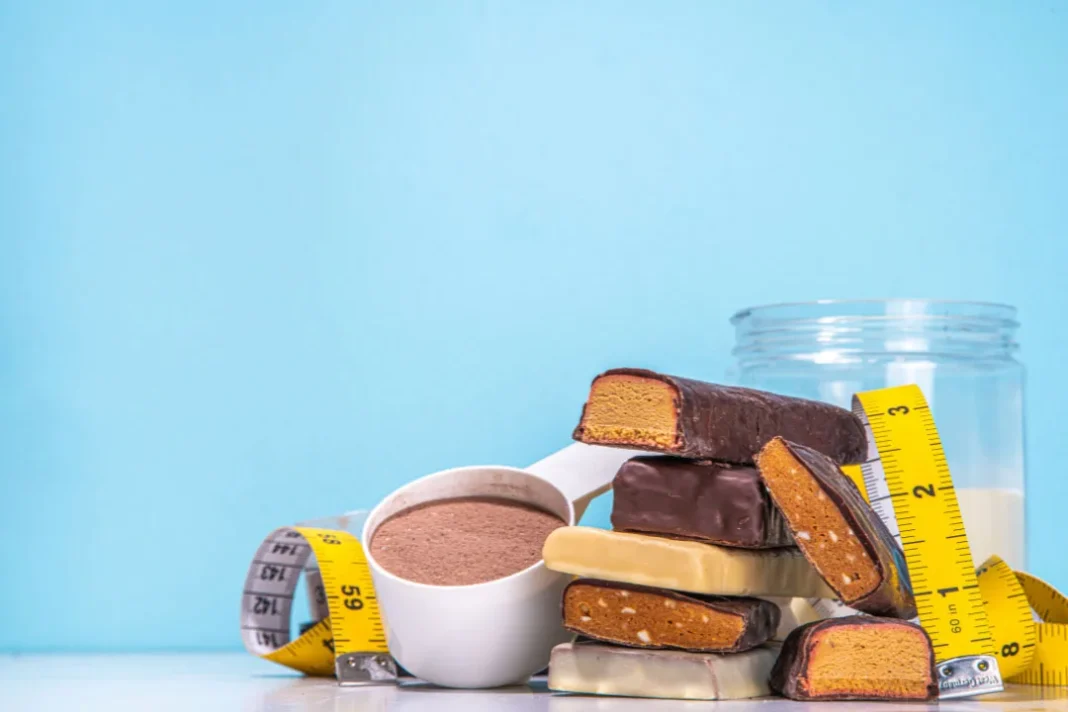Whether you follow a plant-based diet, or you’re just trying to stock up on healthy protein, plant-based protein bars are a convenient way to meet your nutritional needs. We’ll compare two leading brands of plant-based protein bars: the No Cow protein bar and the Nuzest protein bar.
Protein bars are lining grocery store shelves everywhere; they’re in the health food aisle, the snack food aisle, and the pharmacy – where they sit beside vitamins and energy drinks. Initially driven by demand from bodybuilders and athletes, the market for protein bars now includes customers trying to build muscle and improve their athletic performance; people engaging in intense workouts trying to aid their recovery; dieters trying to lose weight; older adults trying to prevent age-related muscle loss; and average consumers just looking for a quick and healthy snack. Demand keeps growing, too – the global market for protein bars is expected to reach more than $2 billion by the end of 2026.
The competition is fierce. Protein bar manufacturers are continually developing varied angles to attract new customers, advertising bars that are keto-friendly, non-dairy, vegan, and more. Here, we compare two popular protein bars and choose a favorite: the Denver, Colorado-based No Cow protein bar and the Clean Lean Protein Bar, produced by Nuzest-USA, headquartered in Seattle, Washington.
You May Also Like:
The 5 Best High Protein Vegan Snacks
Blessed Protein Powder vs. Nuzest’s Clean Lean Protein
Ingredients:
The No Cow Protein Bar vs. the Clean Lean Protein Bar
The No Cow Protein Bar contains a blend of brown rice protein and pea protein, with soluble corn fiber, palm oil, and a sweetener blend of erythritol, stevia leaf, Reb-M (fermented sugarcane), and monk fruit, along with natural flavors and salt. The “dipped” varieties have a chocolate coating containing chocolate liquor, erythritol, inulin, cocoa butter, sunflower lecithin, vanilla powder, and stevia extract.
The No Cow Protein Bar product line comes in 21 flavors – maple, lemon meringue pie, and blueberry cobbler, to name a few. Certain flavors of bars may contain peanuts, peanut flour, peanut starch, almonds, coconut, unsweetened chocolate, cocoa powder (processed with alkali), cinnamon, vanilla extract, vanilla powder, pea starch, rice flour, citric acid, tapioca starch, calcium carbonate, isomalto-oligosaccharide, xylitol, carrageenan, natural flavors, or natural colors. A complete list of ingredients for each flavor is available on the company’s website.
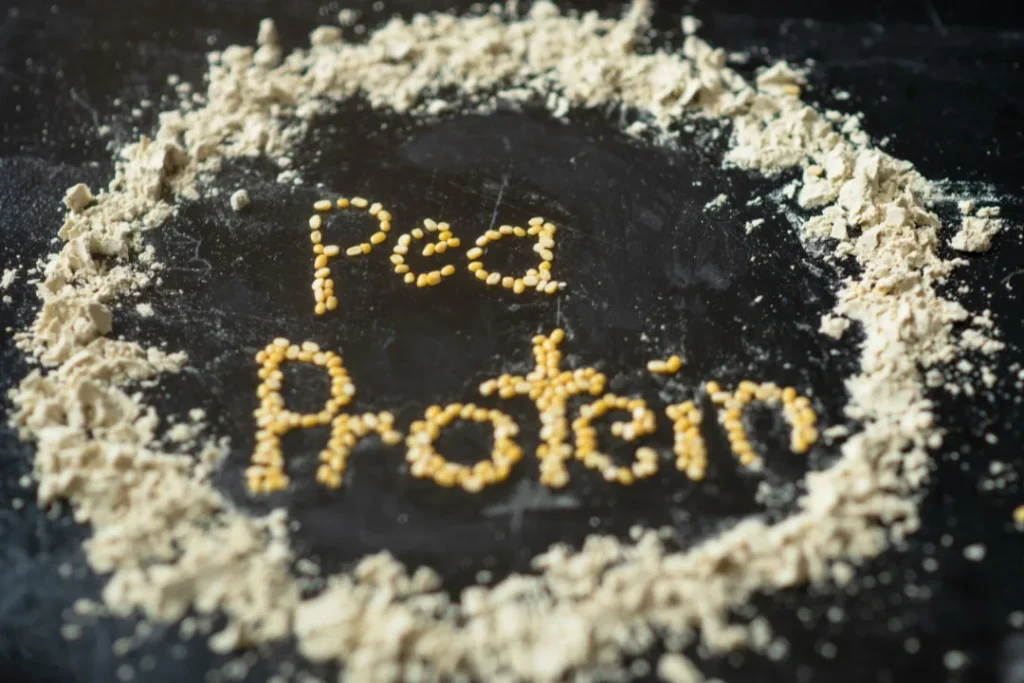
Nuzest-USA’s Clean Lean Protein Bars are “perfect for pre-and post-workouts, mid-day fuel, or an on-the-go snack.” They come in three flavors:
- Peanut Butter & Chocolate bars contain peanuts, dark chocolate (cocoa solids 55%, sugar, soy lecithin, natural flavor), date syrup, pea protein isolate, dates, oligofructose, pepitas, sunflower seeds, cocoa powder, chia seeds, cocoa liquor, natural flavor, and vitamin E.
- Almond and Vanilla bars contain almonds, date syrup, pea protein isolate, dates, coconut, oligofructose, pepitas, sunflower seeds, chia seeds, natural vanilla flavor, natural coconut flavor, and Vitamin E.
- Coconut and Lemon bars contain cashews, pea protein isolate, dates, date syrup, oligofructose, coconut, pepitas, sunflower seeds, chia seeds, natural flavor, lemon oil, and vitamin E.
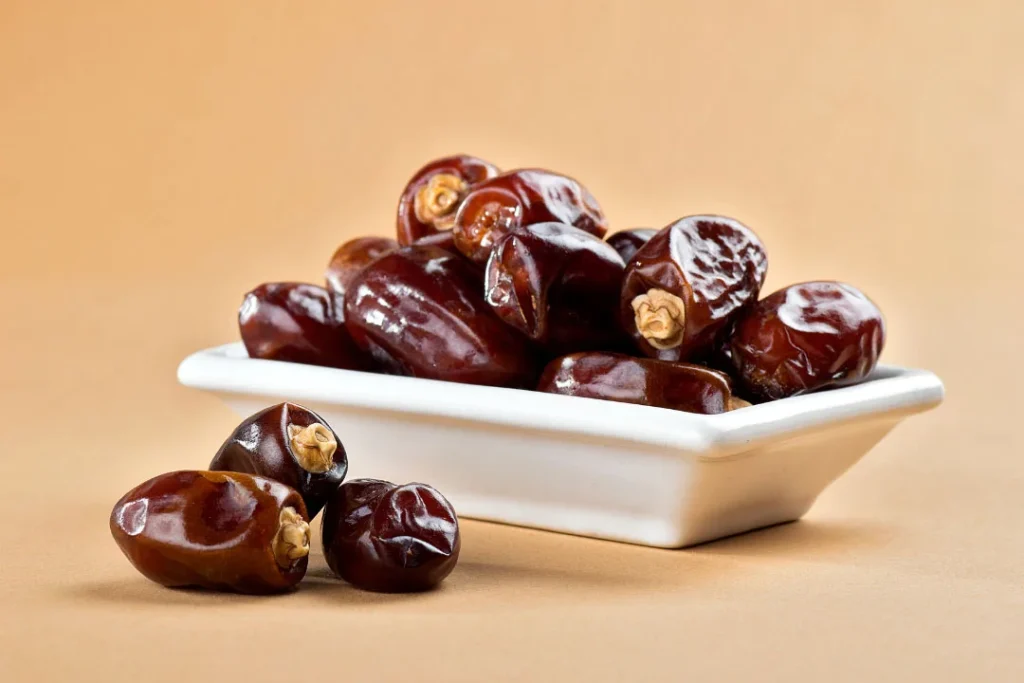
Clean eating:
The No Cow Protein Bar vs. the Clean Lean Protein Bar
A great deal of public attention is now on “clean eating.” This refers to eating foods that are as close as possible to their natural state. The main reasons for clean eating are the health benefits of consuming nutrient-rich foods that have not been overly processed. Many Americans currently eat a diet rich in heavily processed foods made from synthetic ingredients, with chemicals, preservatives, food dyes, and other additives that our bodies have more difficulty processing. Clean eating, however, avoids possible side effects from chemical additives. In addition, foods in their natural state are generally more flavorful. Adopting a clean eating diet is fairly easy to achieve.
In this regard, Nuzest Clean Lean Protein bars are superior to No Cow Protein Bars because they have fewer ingredients overall. Moreover, the whole foods in the Nuzest products may make them more palatable. For example, the addition of whole sunflower seeds, chia seeds, and pepitas brings natural fiber to the bars, making the presence of erythritol and inulin unnecessary. In addition, sweetening the bars with dates and date syrup avoids the potential pitfalls of additives like erythritol and xylitol.
In contrast, the resultant sugar alcohols in the No Cow Protein Bar may be more difficult for some consumers to process. Though the amount of sugar alcohols in the No Cow Protein Bar is relatively small, over-consumption of sugar alcohols may cause bloating or diarrhea.
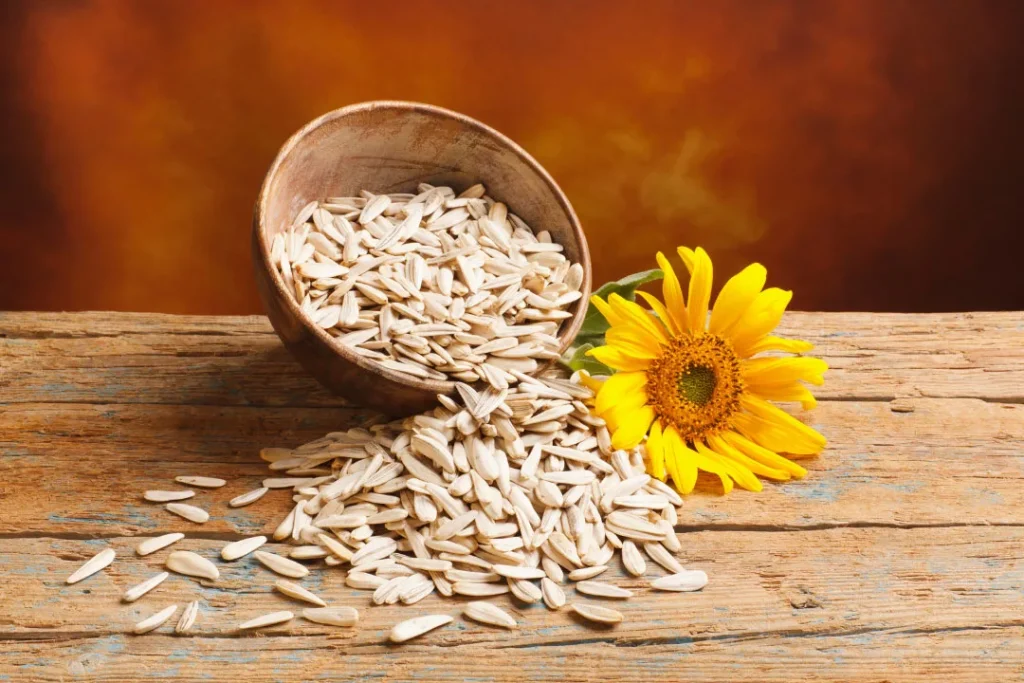
Reviews:
The No Cow Protein Bar vs. the Clean Lean Protein Bar
No Cow Protein Bar and Nuzest Clean Lean Protein Bar both received similarly positive consumer reviews. On Amazon, 86% for the No Cow Protein Bar and 87.5% for the Clean Lean Protein Bar. On Google, No Cow Protein Bar rated 4.4 out of 5; Clean Lean Protein Bar got a comparatively higher rating of 4.8 out of 5.
Price:
The No Cow Protein Bar vs. the Clean Lean Protein Bar
No Cow Protein Bar is priced at $2.75 per bar, while Nuzest Clean Lean Protein Bar costs $2.99 each, making the price per bar almost identical.
Verdict:
The No Cow Protein Bar vs. the Clean Lean Protein Bar
Both bars are solid choices for a protein boost, but we give the Nuzest-USA’s Clean Lean Protein Bar the edge because of its cleaner ingredients. The consumer demand for less-processed food in recent years has been relatively high, and the Clean Lean Protein Bar promisingly contains whole foods in the form of fruits, nuts, and seeds. Moreover, the company’s top-rated protein powder also provides an excellent adjunct to those wishing to supplement their bars with extra protein in their diet.
All in all, protein bars are a convenient and nutritious snack option for those looking to increase their protein intake or fuel their workouts. However, it is important to choose bars with high-quality ingredients and minimal amounts of added sugars and artificial ingredients for a cleaner way to meet your nutritional needs.
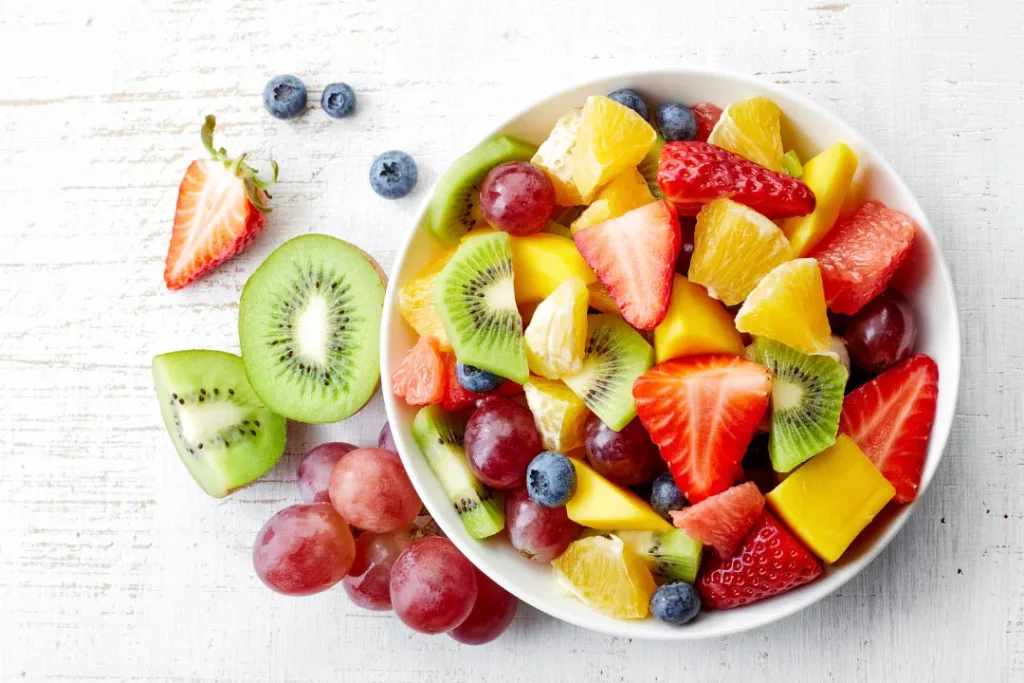
Further Reading:
Mayo Clinic: Guidance on Selecting Protein Powders, Shakes, and Bars
The New York Times: A Look Inside the Protein Bar
The New York Times: Are Protein Bars Actually Good for You?
Important Note: The information contained in this article is for general informational purposes only, and should not be construed as health or medical advice, nor is it intended to diagnose, prevent, treat, or cure any disease or health condition. Before embarking on any diet, fitness regimen, or program of nutritional supplementation, it is advisable to consult your healthcare professional in order to determine its safety and probable efficacy in terms of your individual state of health.
Regarding Nutritional Supplements Or Other Non-Prescription Health Products: If any nutritional supplements or other non-prescription health products are mentioned in the foregoing article, any claims or statements made about them have not been evaluated by the U.S. Food and Drug Administration, and such nutritional supplements or other health products are not intended to diagnose, treat, cure, or prevent any disease.
